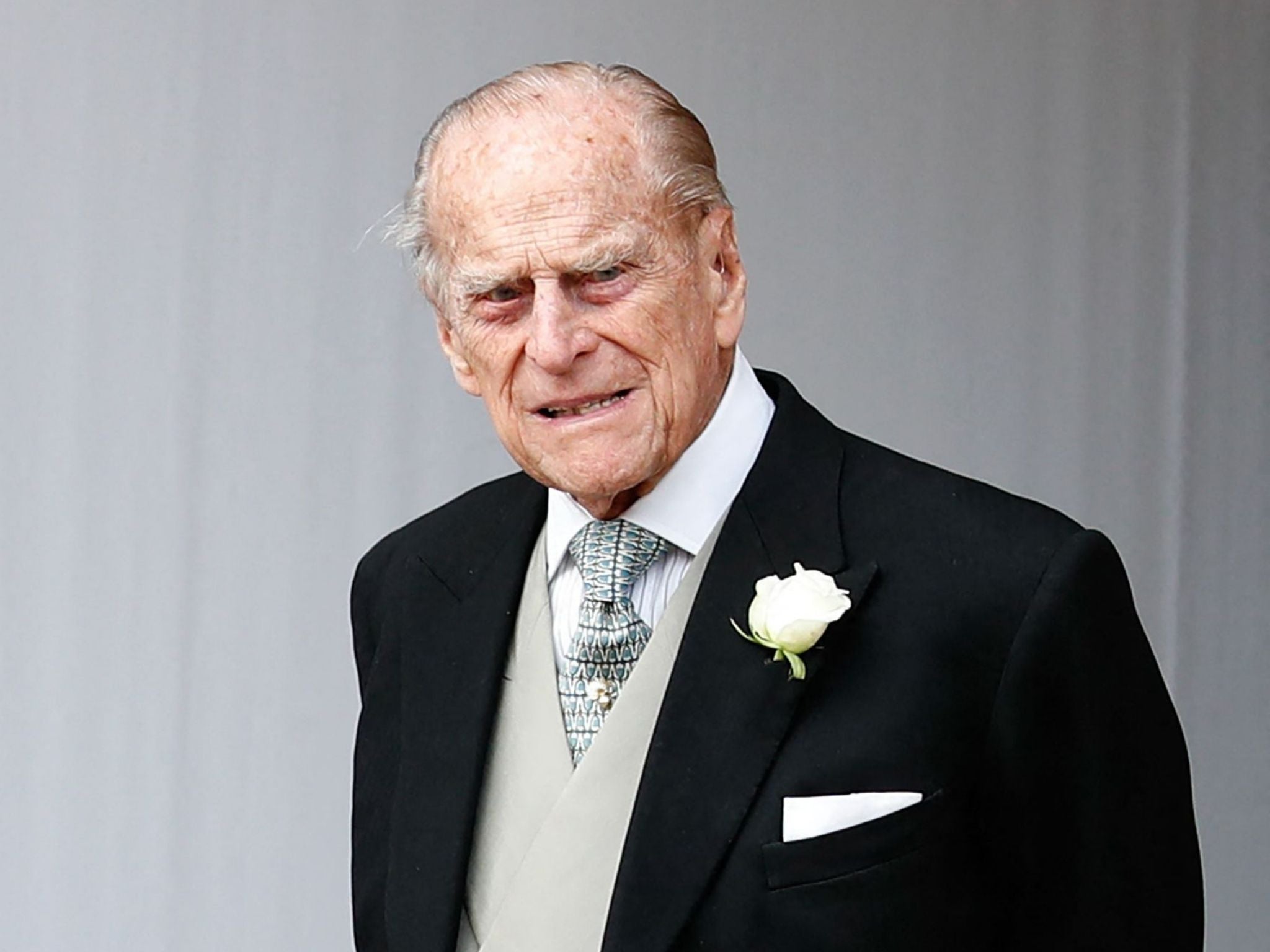Prince Philip was once a handsome, dashing, inspirational figure – an enthusiastic moderniser
He knew he had one job: to serve the Queen in the best way he could. He got on with it as a matter of duty


Your support helps us to tell the story
From reproductive rights to climate change to Big Tech, The Independent is on the ground when the story is developing. Whether it's investigating the financials of Elon Musk's pro-Trump PAC or producing our latest documentary, 'The A Word', which shines a light on the American women fighting for reproductive rights, we know how important it is to parse out the facts from the messaging.
At such a critical moment in US history, we need reporters on the ground. Your donation allows us to keep sending journalists to speak to both sides of the story.
The Independent is trusted by Americans across the entire political spectrum. And unlike many other quality news outlets, we choose not to lock Americans out of our reporting and analysis with paywalls. We believe quality journalism should be available to everyone, paid for by those who can afford it.
Your support makes all the difference.It’s a little known fact that, among his many other titles, honours and decorations, Prince Philip was made a Life Clown by the Variety Club in 1949, a belated wedding present, you might suppose. He accepted it graciously.
He certainly lived up to it, to such an extent that by the end of his long service to the nation, he wasn’t much more than a caricature concoction of borderline (to be kind) racist wisecracks, swearing and dangerous driving.
For many, he was an ancient, crotchety curiosity; and his profile, understandably, declined with his health after he took what you might term “late retirement” at the age of 96 in 2017. He’d been in the public eye – sometimes uncomfortably, for all concerned – for seven decades.
Every time he unveiled a plaque, he’d joke that he was “the world’s most experienced plaque unveiler”. Which he was. There wasn’t much else to do. As Prince consort he had no defined constitutional role; and for much of the time, when he wasn’t pulling a frilly curtain back, his main function was to walk a couple of strides behind his wife, and complete the drone-like duties of providing some heirs.
Difficult as it might be for a younger generation of Britons to believe, Philip was once a handsome, dashing, inspirational sort of figure – an enthusiastic moderniser. In the 1950s, before Britain’s inexorable political and industrial decline set in, there was much talk of a “New Elizabethan Age”, this era of scientific discovery and the projection of British power through global leadership in technology and innovation: the hovercraft, the Mini and Concorde.
When the dream started to fade, Philip made it his business to complain about it, and famously told British industry – management and unions – to “pull your finger out”. For some, he was a rather attractive action man, a true patriot whatever his Greco-Danish origins, and a stark contrast to the complacent, vacillating politicians of the era.
If some of the more conspiracist and reactionary elements in the British establishment had had their way in the turbulent late 1960s and 1970s, Philip would have been installed as a semi-dictatorial prime minister of a national unity government. In due course, they got Margaret Thatcher instead.
His main attempts to carve out a role for himself were not entirely successful. He probably wanted to emulate Prince Albert in the Victorian era, the man who gave us the Great Exhibition of 1851, and some questionably kitsch German-inspired Christmas traditions. Philip was less successful in making his mark on the nation. Even his strategy of modernising the monarchy and inviting the media to make a “behind the scenes” documentary, The Royal Family, put “The Firm”, as he called it, on a perilous path.
But to judge Philip as anything other than a moderately hard working appendage to the head of state is a mistake. He knew very well that he had one job, to serve the Queen in the best way he could, and he got on with it, as a matter of duty.
He did in fact fulfil the archaic but solemn pledge he made at the Coronation in 1953: “I, Philip, do become your liege man of life and limb and of earthly worship and faith and truth I will bear unto you to live and die against all manner of folks, so help me God.”





Join our commenting forum
Join thought-provoking conversations, follow other Independent readers and see their replies
Comments